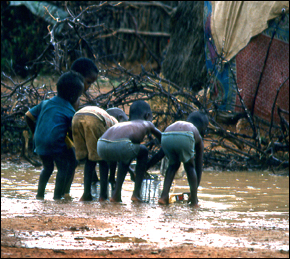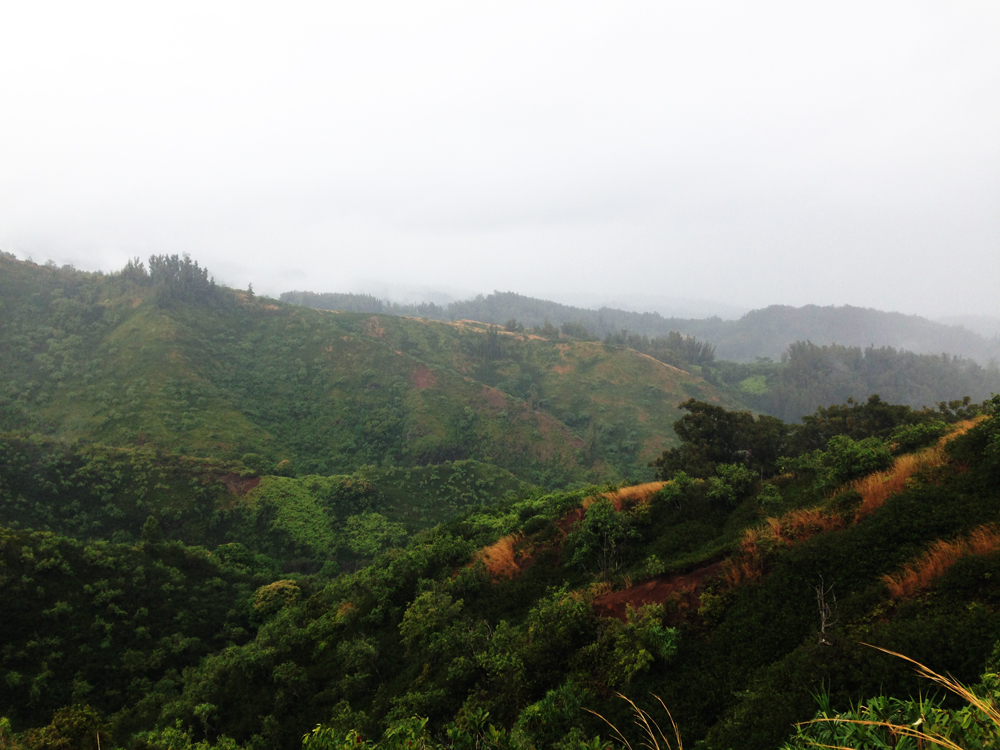African, Asian Nations Top Latest Water Security Risk Index
A new report furthers the hypothesis that water stress serves as a catalyst for conflict.

Somalia has the least secure water supply while Iceland has the most stable in the world, according to a survey of 165 nations released last week by Maplecroft, a Britain-based consultancy company. The study, the Water Security Risk Index, featured three other African nations, including Mauritania, Sudan and Niger, as well as Iraq, Uzbekistan, Pakistan, Egypt, Turkmenistan and Syria.
Population growth and climate change will further exacerbate water supplies and negatively impact industrial and agricultural sectors, according to the report.
The index measured four inputs: access to improved drinking water and sanitation, availability of supplies and dependence on external sources, balance between supply and demand, and the dependence of each nation’s economy of water availability.
Many of the nations that face extreme risk, such as Pakistan, Iraq, Egypt, and Uzbekistan, are experiencing tension over shared and limited water resources. These findings echo previous reports that areas with transboundary water sources have an elevated risk of conflict.
“When water becomes scare it turns into a commodity that people fight for. It also generates corruption due to its dwindling supply that is often controlled by businesses, governments, or criminals and insurgents,” Thomas Sanderson, deputy director and senior fellow of the Transnational Threats Project at the Center for Strategic and International Studies, told Circle of Blue.
Pakistan and India have long disputed the water that flows from Kashmir, while Egypt and Sudan are currently embroiled in conflict over a new Nile River treaty, and Tajikistan, Kyrgyzstan and Uzbekistan continue to argue over hydropower and the Amu Dari and Syr Daria rivers.
“In places like Somalia and Sudan, water is used as a weapon, depriving enemies or adversaries of access to it, with the greatest impact on non-combatants, often turning them into combatants out of desperation for water,” Sanderson said.
The report also emphasizes that insecurity stems largely from uncertain and inconsistent supplies. Only 30 percent of Somalis has a reliable source of water, while both Mauritania and Niger are more than 90 percent dependent on external water supplies.
And as resources disappear, people have a tendency to migrate.
“Water scarcity forces people to move their families and livestock to other land often bringing them into conflict with other populations, and frequently resulting in ethnic violence,” said Sanderson.
Growing populations and rising temperatures further complicate these trends.
“There is a risk of water stress exacerbating future risks of conflict, although there is evidence that water scarcity may also help foster cooperation instead, within and between states and up to regional levels,” Anna Moss, environmental analyst at Maplecroft said in a statement on the organization’s website.
In terms of sanitation, Niger received the worst rating for improved sanitation, with only nine percent of its population having access to facilities. Similarly, only 26 percent of Sudanese have experienced improved sanitation.
Sources: Maplecroft, the Guardian, and IDN-InDepthNews







Leave a Reply
Want to join the discussion?Feel free to contribute!